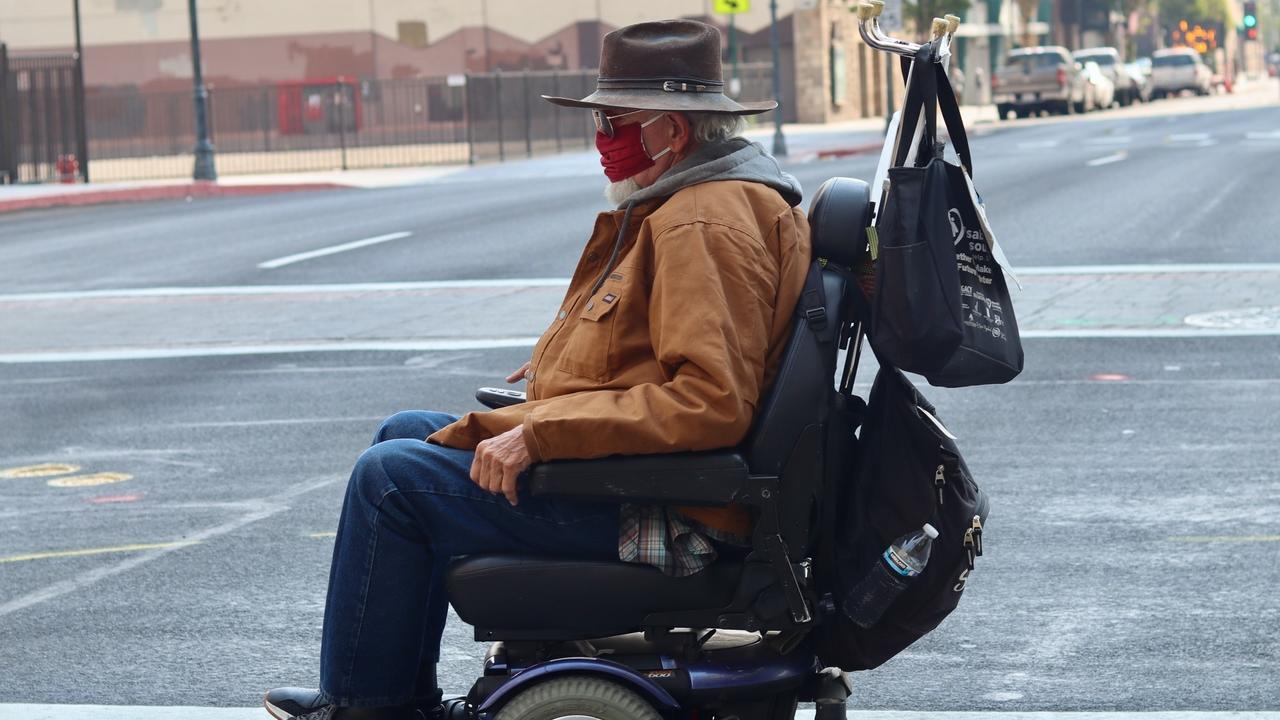Do You Have a Plan for Long-Term Care?

This topic is important because Medicare doesn't cover long-term care. Never has, never will.
Medicare Isn't the Answer
Medicare only covers medical issues, not what is called "Activities of daily living." As we decline and need extra help and care, Medicare isn't the answer.
What is the answer? Fundamentally there are three answers
- Long term care insurance.
- Pay your own way with existing financial resources from yourself or other family members.
- Medicaid for Seniors.
As we decline, the help we need may start off simply as needing help with food preparation, getting dressed each day, bathing, mobility (help getting in and out of a car). As time goes on, our needs often increase beyond the capability or capacity of our loved ones who are happy to help but have lives of their own to live, or they may be many miles away and cannot help everyday or on a regular basis.
This is where we come back to the central question: Do you have a plan for long term care? Have you specifically planned for that stage of your life where you need extra help?
These services cost money. Depending on the services needed, long-term care can be quite expensive. One person in memory care can cost $7,000 to $10,000 per month.
For an elderly married couple, what if one person needs the services of assisted living and the other person has dementia and cannot care for themselves? This could cost $12,000 to $15,000 per month. Have you prepared for this?
Comparing the Options
Let's look at the options listed above.
Option #1, long-term care insurance, is a great option if you planned for that and initiated a policy in your fifties or possibly early sixties. If you did not, it may be too late. It may be cost prohibitive.
Option #2, self-paying or having a family member who can help financially, is also great but most people don't have this available to them.
This brings us to Option #3, Medicaid for Seniors. This could be a fantastic option if you know about it and are able to take advantage of it. Most people don't know about this option or they learn about it too late.
For the vast majority of people, Medicaid for Seniors is their best option for long-term care. At a minimum this can be a "back-up plan" in case you exhaust your personal financial resources or you use up all of your long-term care insurance.
Here is the most important part. To be able to take advantage of Medicaid for Seniors for your long-term care needs, you need to plan for this. You need to plan at least 5 years before you need extra help with activities of daily living or more advanced care needs.
Some Examples
Here are a few examples. Are you aware that many assisted living facilities and nursing homes do not accept Medicaid for Seniors? Those that do accept Medicaid for Seniors have limited space (beds) available. Also, you are generally expected to be able to self-pay for two years or more before going on Medicaid for Seniors, at least at a facility you would want to live in or have a loved one live in.
Aging Energized has an online video course and e-book that gives a great overview of Medicaid for Seniors and how to plan and prepare. You can find both of these resources in the Aging Energized Store.

